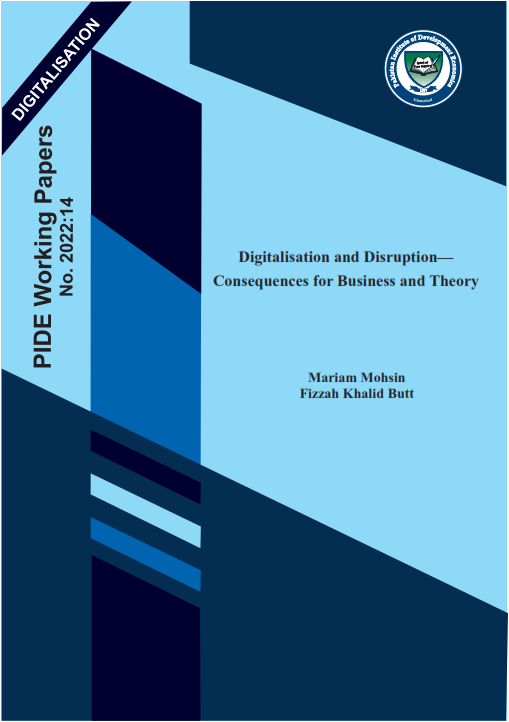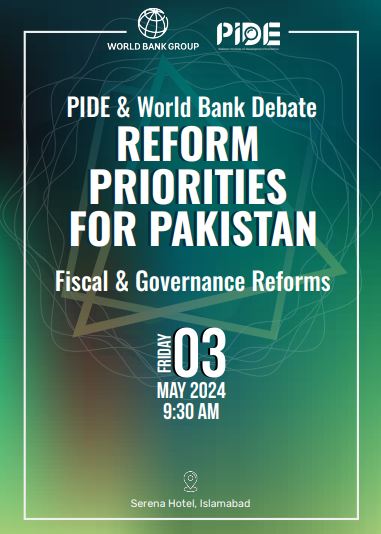Digitalisation and Disruption— Consequences for Business and Theory
ABSTRACT
Purpose: As the resource-ownership concept has moved towards resource- accessibility (Belk, 2007), numerous innovations have emerged in how business is conducted. One such new form of business is sharing economy, which has received instantaneous popularity and research attention.
Design/Methodology: In a theoretical paper, we argue that since this is a new and fundamentally different form of organising, it would be a great leap to assume that our traditional theories of management and business models would suffice to explain sharing economy.
Findings: We identify some of the gaps in the literature that pertain to the consequences of sharing economies and thus present a detailed account of their potential economic, social, legal, technological, and environmental consequences.
Originality/Value: Research on the sharing economy mainly focuses on its disruptive impact on traditional firms and the consequent strategies they can adopt to maintain their relevance. This paper focuses on the economic, social, and theoretical consequences of this new form of organising.
Research and Policy Implications: Based on our taxonomy of consequences, we recommend questions for further research and areas that require immediate policy decisions.
INTRODUCTION
Belk (1988) proposes that one is what one owns. However, over 25 years, this conception underwent a considerable change. With the advent of the internet and the introduction of digitalised start-ups, Belk expresses that identity has become less contingent on ownership, and from being ‘what one owns’, one can be defined as ‘what one can access’ (Belk, 2013: 1595). In his 2007 article, ‘Why Not Share Rather Than Own’, Belk argues that millions of private car owners travel alone each day and how this could be exchanged with a sharing settlement, where the same amount of travelling could be done with fewer cars and no ownership.
With the flurry of recent research attention (Hossain, 2020) to business practices that are describable as access-based (Bardhi & Ekhardt, 2012), collaborative consumption (Botsman & Rogers, 2010), digitalised public spaces (Parrika & Caplan, 2013) or sharing economies or sharing systems (Belk, 2010; Lamberton & Rose, 2012), it is evident that the digitalisation of public space has already marked a huge footprint on the nature of the business all over the world (Cverlin, 2022).
The idea of innovation, digitalisation and sharing economy has changed the landscape of business activity (Shaikh, et al. 2020). This research attention, therefore, corresponds to the apparent increase in businesses that run on the sharing economy concept (Lessig, 2008). Davis (2015) notices a noticeable decline in the number of corporations in the U.S. There has also been a constant decline in the number of traditional corporations in Pakistan in the past decade (State Bank of Pakistan, 2011, 2014, 2015).
As firms are moving away from the concept of “organisation” as we knew it towards the concept of “organising”, with more focus on the processes (Clegg, et al. 2008: 42), it is possible that the management of the business processes underpinning the new sharing economies may not be explained by the existing theories of corporate governance (Davis, 2015), and therefore, there is need for theoretical, conceptual and empirical explanations of these processes (Le Dieu, 2013).
A large body of literature has studied the processes underlying sharing economies (e.g. Belk, 2013; Harris & Krueger, 2015; Sundararajan, 2016). Also, a considerable part of the literature on the topic studies the effects of such business models (e.g. Belk, 2010, 2013, 2014, Botsman & Rogers, 2010; Lamberton & Rose, 2012). However, most studies investigating the consequences of sharing economies are focused on the effects they will have on traditional business models (Lamberton & Rose, 2012), leaving room for research on the consequences affecting other stakeholders.
This partial research attention also explains the lack of specific theories and models that explain internet-based business models. Despite the recent research attention to sharing economies, most of the existing management theories on the material forms of organisation offer implications to these forms of organisation (Lamberton & Rose, 2012). The increasing number of virtual organisations with minimum or no physical presence calls forth theories that address a more digitalised form of organising. We argue that it would be a great leap forward to assume that existing models of corporate governance apply to digitalised corporations as well.
Davis (2015, 2016) points out the need for research that looks into the social consequences of sharing economies and asserts that is a need for research that investigates the nature of the social audit for these new business models. This research attempts to respond to this gap in the literature. It aims to investigate that in a sharing economy, where the business process interconnectedness is more virtual, to what extent could the organisations take responsibility for the consequences of actions of the multiple stakeholders involved in the multiple business process models? What will be the nature of the social audit? How will the concepts of social responsibility and accountability be applied to these corporations? More specifically, the research aims to delineate the multiple economic, social, environmental, legal and technological consequences of sharing economies that all, in turn, affect the way societies function.
This paper contributes to the literature in three primary ways. First, it attempts to delineate the social consequences of sharing economies and seeks to identify the various effects these businesses have on stakeholders other than those studied in the extant literature. This contribution is essential because it not only has the potential to identify unique consequences that existing traditional corporations do not pose, but it also carries the prospect of offering definitive implications for theory and governance and public policy. Second, building upon the first contribution, this study argues that the existing theories of organisations do not fully explain sharing economies and thus provides theoretical arguments in favour of new theories that explain sharing economies. Building upon the assumptions of transaction-cost economics, this study offers features that distinguish sharing economies from traditional business models and argues in favour of the need for a new theory of the firm. Third, this paper specifically examines sharing economies’ economic, social, legal, environmental and technological consequences. Once more, this contribution has the prospect of offering insights not only into theory but to policy-making bodies.
The paper is structured into five sections. The section following the introduction is a review of the relevant literature. We divide the literature into a thematic table to outline the similarities and differences among the arguments presented. Based upon the thematic analysis of literature, we present an account of the areas yet to be studied, citing postcolonial theory to present arguments suggesting the unique effects that sharing economies might pose upon labour.
The third section contains a stylised case study of Careem—a car booking service offering services in Pakistan and some Middle Eastern countries. The case presents anecdotal evidence of the consequences of sharing economies, as discussed in the literature review section.
The fourth section contains an overarching discussion of the arguments presented in the paper and identifies the economic, social, legal, environmental and technological consequences of the sharing economy. In this section, we provide speculative arguments for the effects of sharing economies and propose future research questions that have implications for theory and practice.
The fifth section concludes the paper.
For Full Text Download PDF





